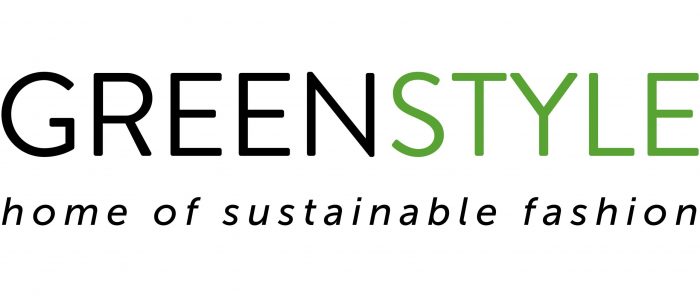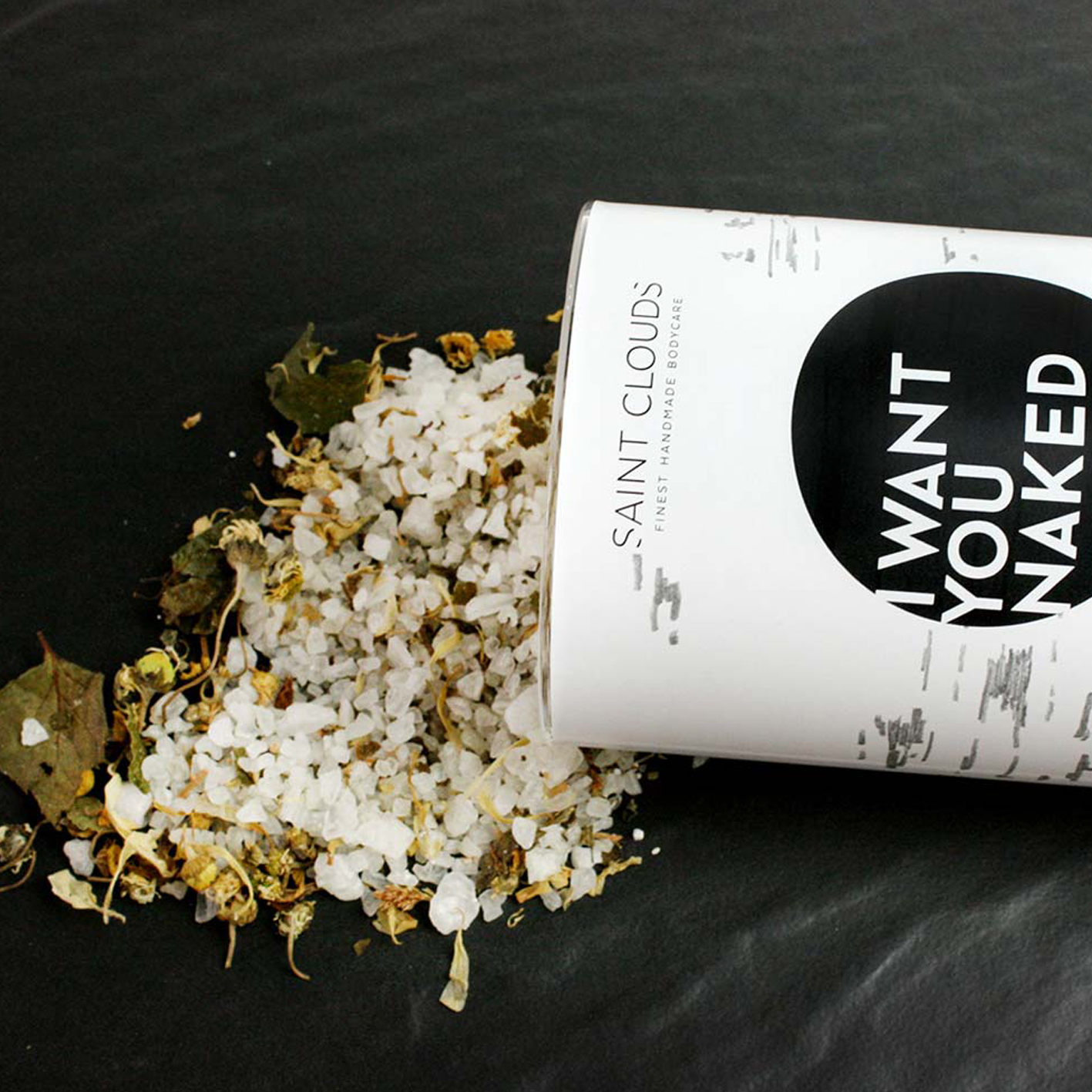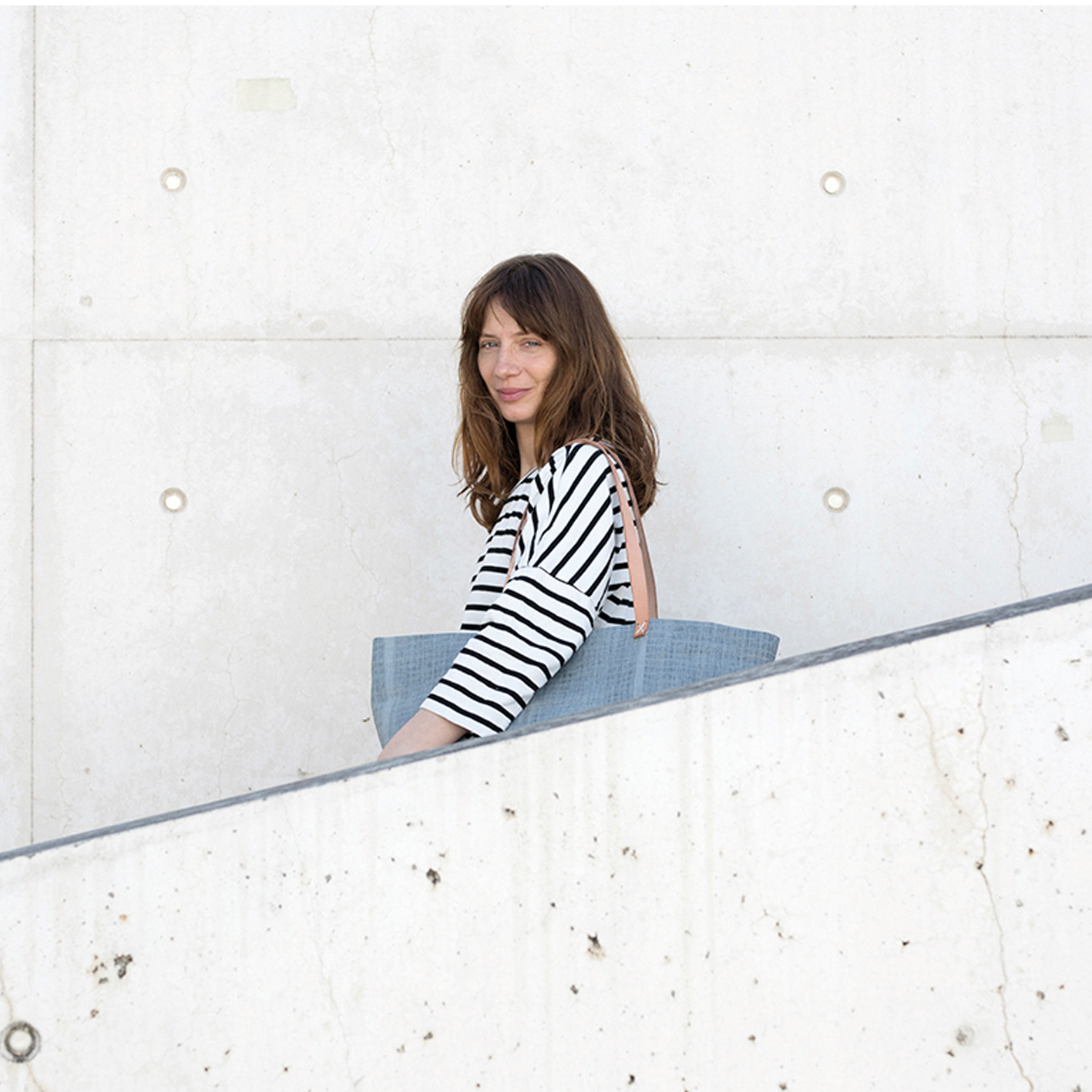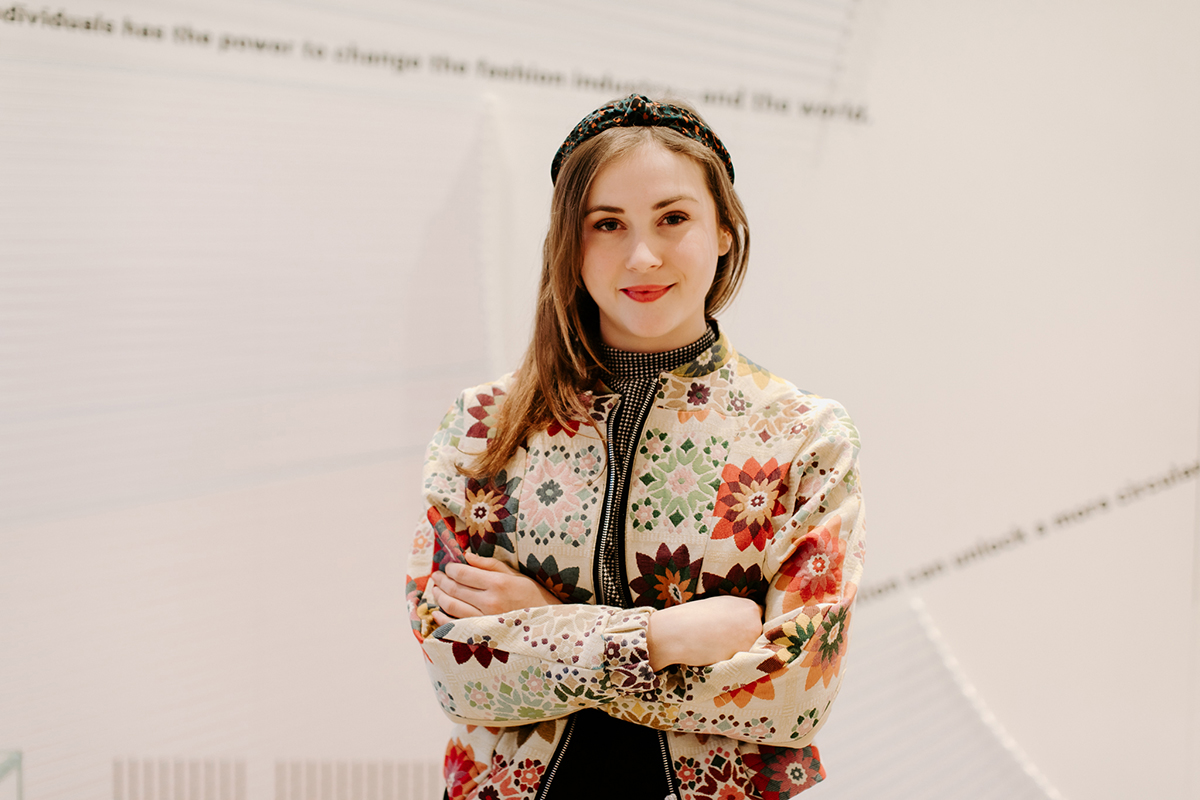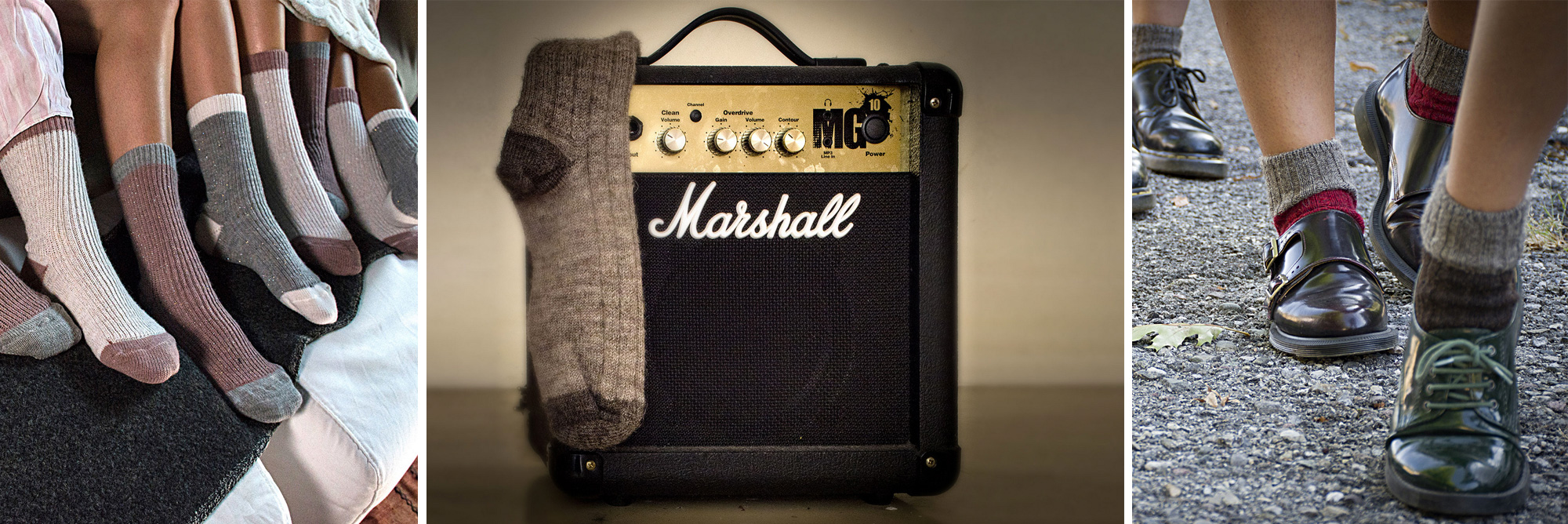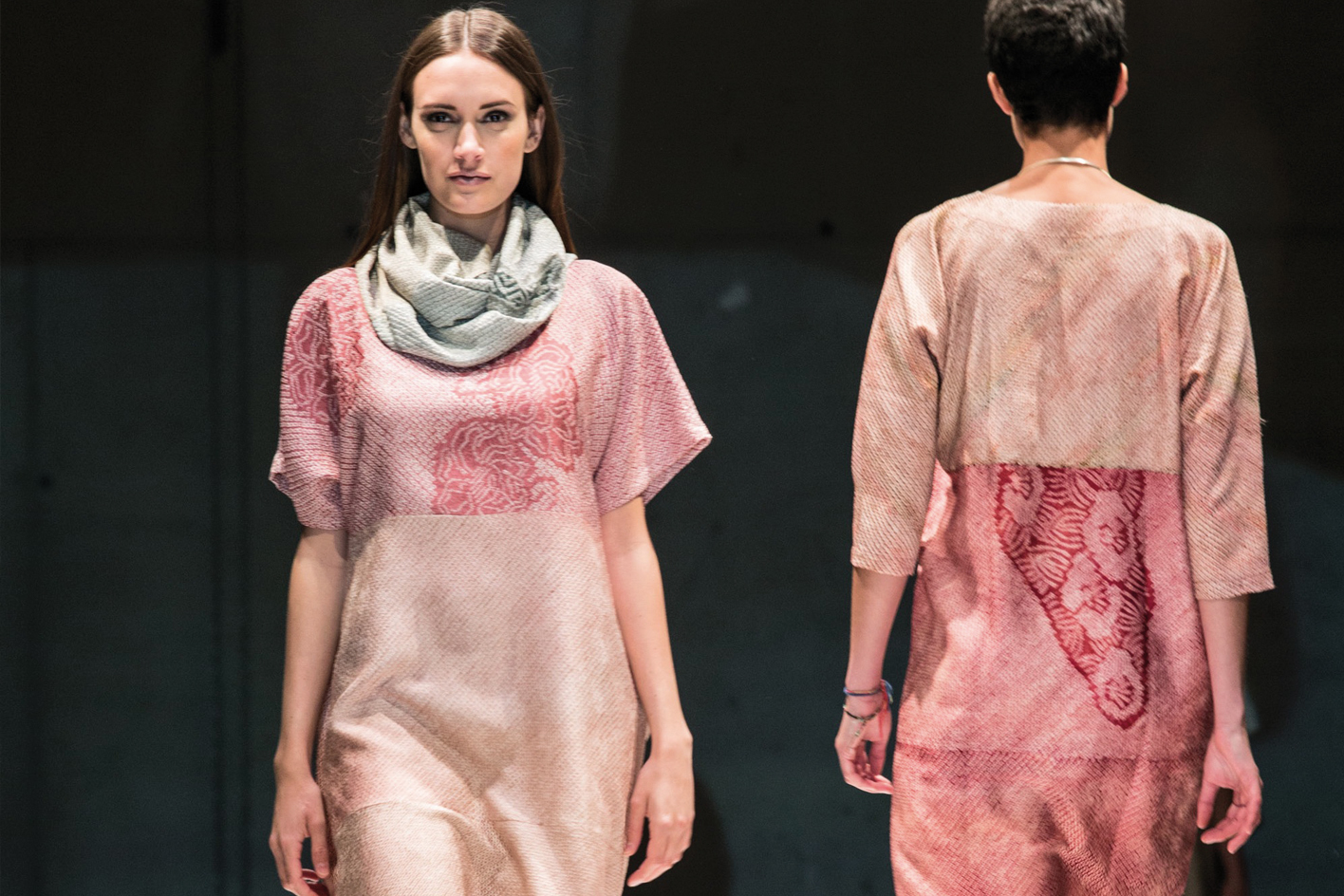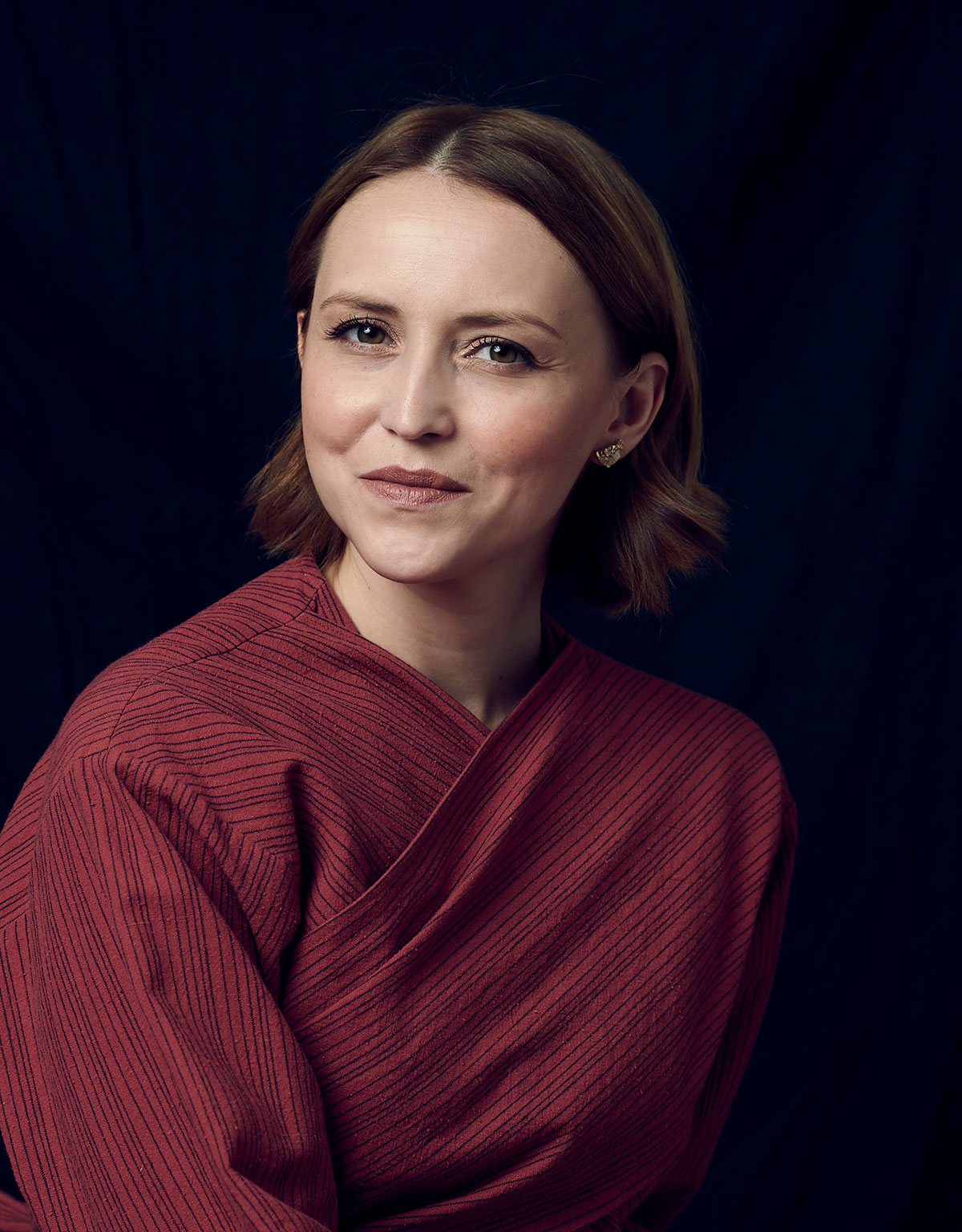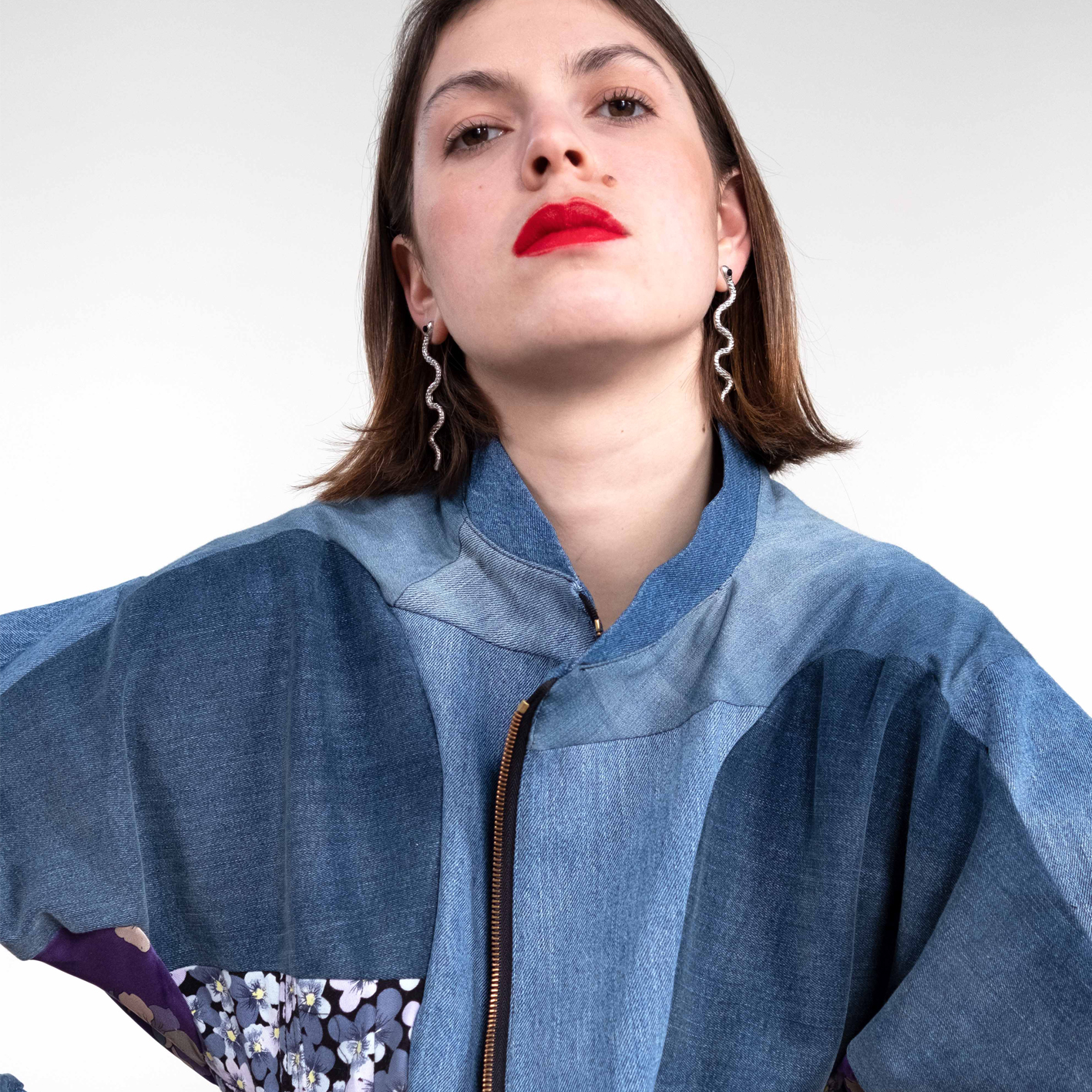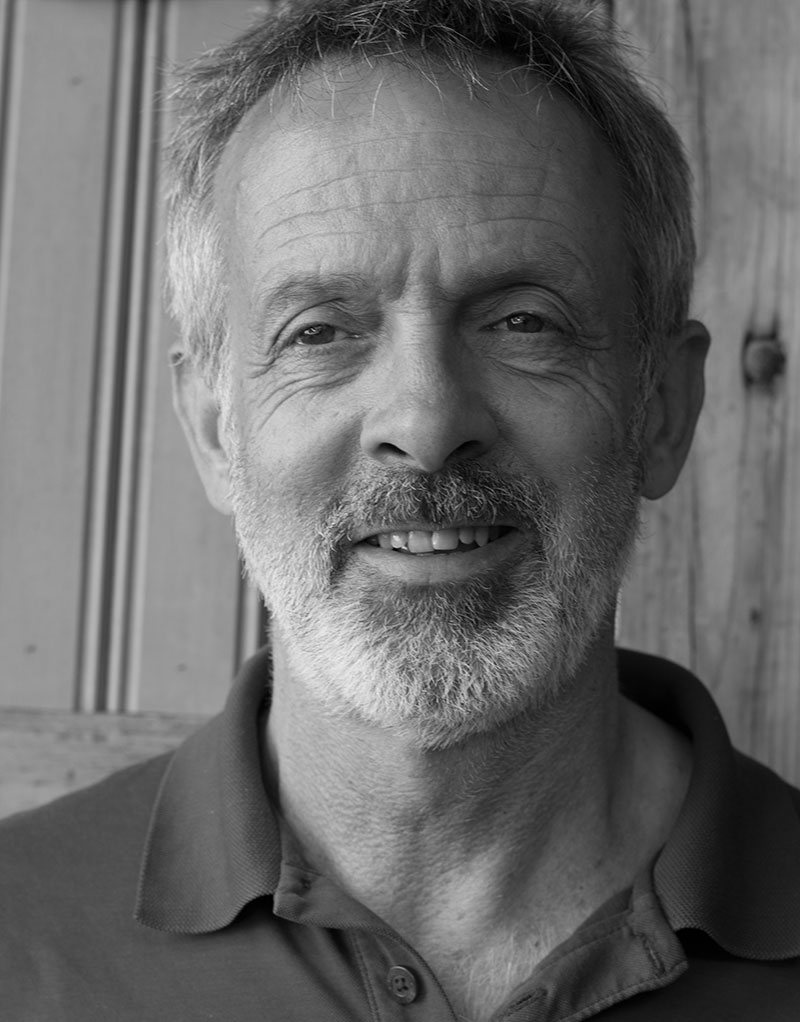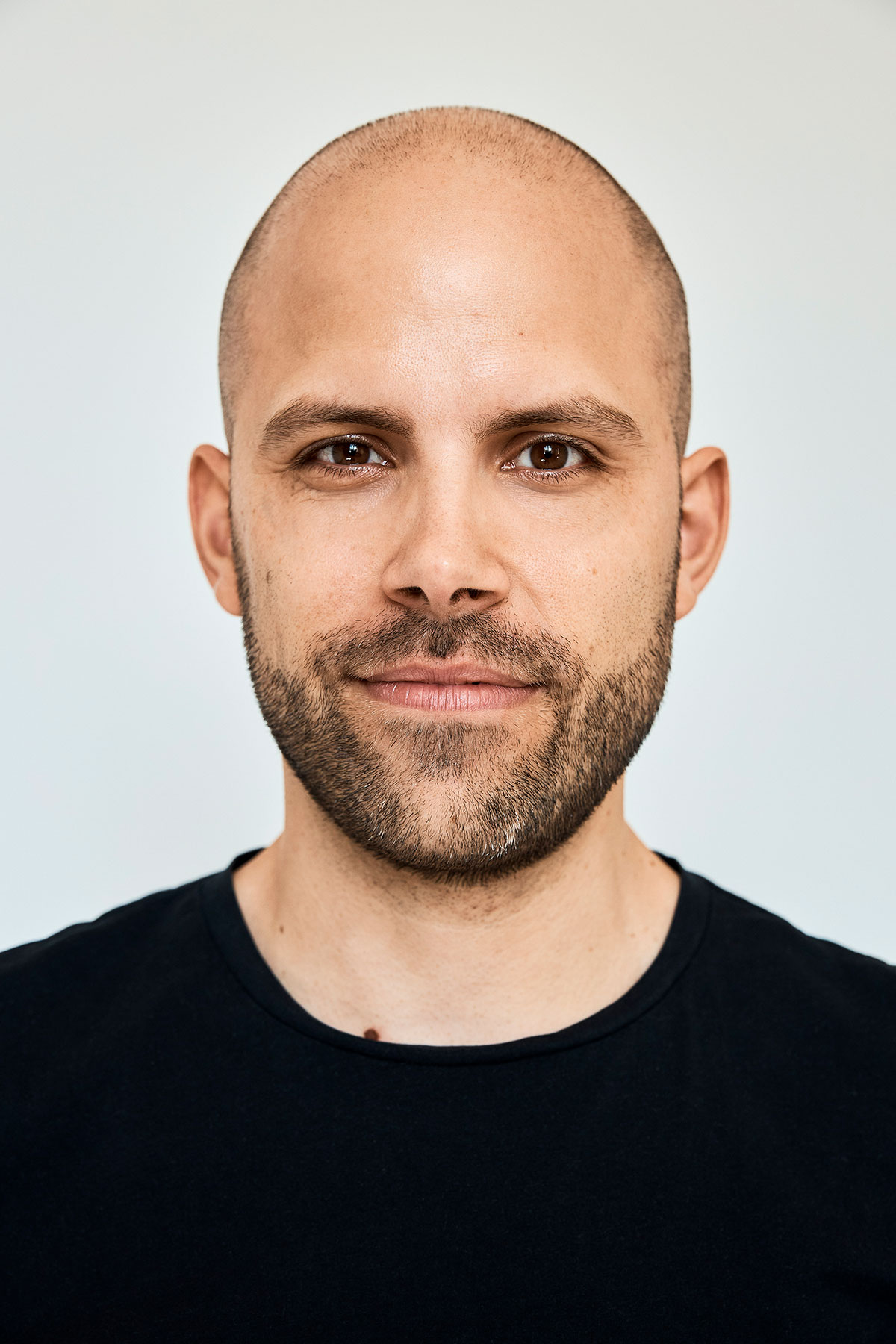Natural soaps, peelings, aromatic baths: At I WANT YOU NAKED everything is handcrafted in Munich. But why naked? Because nothing harmful gets into the pots and pans of Aline Werr’s natural cosmetics brand with its striking name. It is all about pure nature.
Continue readingCOA GOA
As mothers and travelers, the two COA GOA founders know what qualities a bag should have to hold all kinds of things for any weather forecast. Discarded sails are used to make bags for every occasion, which are manufactured in Europe.
Continue readingAnna Schuster
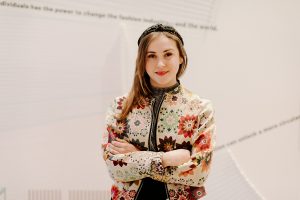
The young German designer Anna Schuster demonstrates what many designers still want to accomplish: to find new, sustainable ways in design. Anna completed her fashion training at the London College of Fashion and at the Mediadesign Hochschule Munich. She sees working with “post-consumer waste” and “leftover materials” not as a limitation but as a challenge. She was a finalist in the Redress Award 2019 and is co-founder of JOA, a sustainable outwear brand, where old clothes are used as raw material for individual unique pieces.
Conservation of resources and sustainable production processes are high on her agenda. Anna works as a Sustainable Fashion & Design Researcher in various projects with the London College of Fashion and Centre for Sustainable Fashion (UK). Her credo: “The most sustainable practice is one that involves local making, reusing fabrics and clothes that are already made.”
Piueqo (+eQ’o)
“Flanking” – the combination of “flashing” and “ankle” – is the trend that reveals ankles. Whether this is healthy is another question. It can get a bit uncomfortable in winter, when doing sports, or hiking in the mountains. Socks definitely have a right to exist. Especially, if they are as fashionable and sustainable as the ones from Piueqo (+eQ’o).
By now, the no sock movement has begun to falter and fashion fans are turning this no-go into a trend. Socks and stockings are the icing on the cake for a certain casual look. And these sustainable models are from Italy.
The Italian label +eQ’o (pronounced piueko) produces in Brescia and attaches great importance to its company philosophy. The name is not easy to pronounce, but company founder, Claudia Siracusa, had the following thought: the + stands for naturalness, color and comfort; when pronouncing the e, the face smiles; the Q stands for quality; the apostrophe stands for removing the superfluous and concentrating only on the essential. Makes sense.
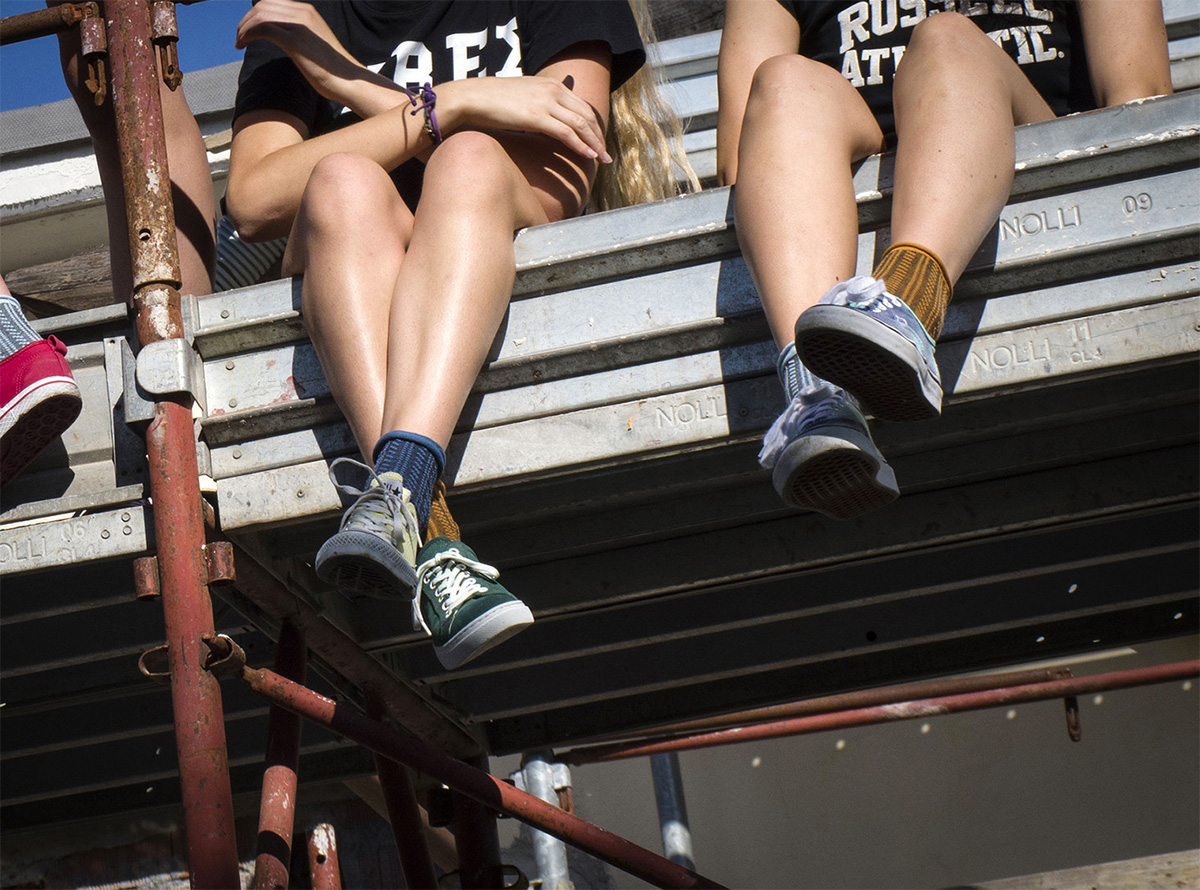
Piueqo (+eQ’o): from clean for cool
Whether classic, revitalized unisex pilgrim socks or pink and white patterned merino socks that can even be worn in heels as a fashion statement – the brand with its complicated name +eQ’o (if you read it often, it’s easier to remember!) produces socks and stockings made from maximum sustainable materials such as linen, tencel, bamboo, wool and organic cotton on its own machines. And for the whole family. The materials are GOTS, ICEA, OEKO-TEX® Standard 100, BioRE and Woolmark certified.
Good to know: The names of the collections are based on the four seasons and are then called, for example, “The Aromas of Autumn“. One thing is certain – the XL range has the right model for every style and season.
More about Piueqo. Click here
ALILA
Barbara Lindner is a cultural manager. Yet, since 2008, her label ALILA (Sanskrit: “surprise”) has been deconstructing Japanese kimono silk with local master tailors to create unique dresses, bags and scarves with history.
The impressive selection of gorgeous kimono fabrics is the result of Barbara Lindner’s years of collecting. Early on, she collected fabrics from all over the world and brought them to Vienna.
„The appreciation of textile traditions and craftsmanship is one aspect of sustainability.”
The idea to create her own brand was triggered by a gift from a friend who was enthusiastic about traditional textile art. The resounding success of her first designs among her friends finally led to the founding of the label, and Barbara began to turn her XL collecting passion and appreciation for traditional textiles into a profession. The worn garments are thus given a brilliant second chance. Where does she get the precious fabrics from? Through personal contacts, which she maintains with Japanese flea markets and second-hand shops.
ALILA – Clothing with character and individual history
The kimono fabrics are not new. ALILA does not regard textile flaws as faults, but as charming features because each piece has a distinctive character and tells an individual story.
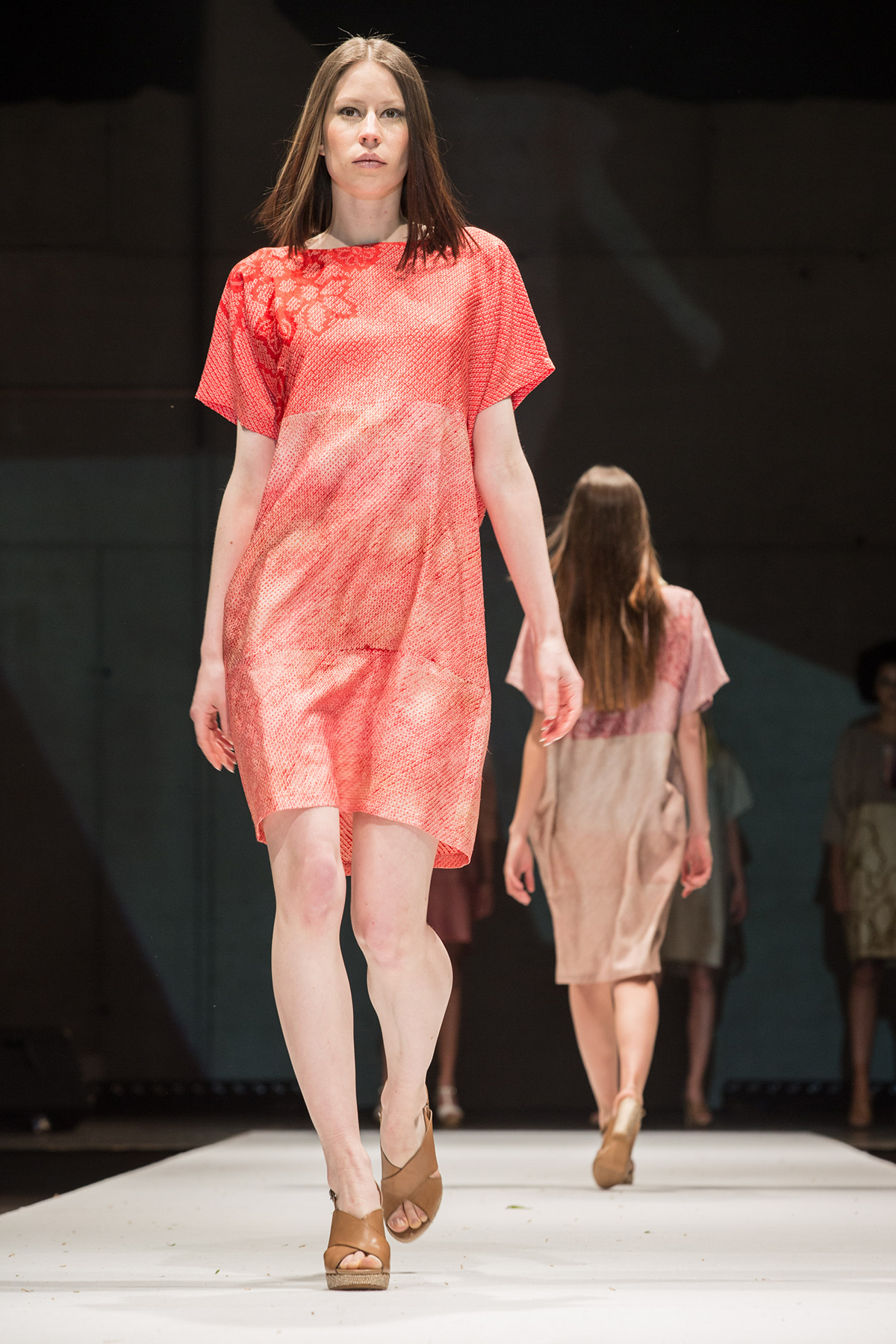
Japanese silk x „Mühlviertler“ organic linen
Because this type of vintage fabric is becoming increasingly rare, the ALILA founder combines traditional Japanese textiles with new fabrics from sustainable or local production. The portfolio includes “Mühlviertler” organic linen, plant-dyed wool from Austria as well as plant-dyed Peacesilk (Ahimsa silk) and hand-woven Indian organic cotton.
“I have stopped justifying my prices when compared to prices of fashion chains.”
The vintage fabrics have come a long way before they land on the sewing table. Production is carried out under socially fair conditions by a small team in Vienna.
More about ALILA. Click here
Daria Andronescu
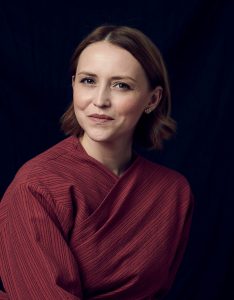
Daria Andronescu hat nach ihrem Studium in Mailand als Imageberaterin und Personal Shopperin gearbeitet, bis sie immer mehr das Bedürfnis verspürte Menschen dabei zu unterstützen, bessere und nachhaltigere Mode-Entscheidungen zu treffen. So entstanden die Wonder Wardrobe Online Video Kurse. Die gebürtige Russin lebt in Düsseldorf und bildet mit ihrem „Wonder Wardrobe System“ nun schon seit ein paar Jahren Interessierte darin aus wie sie zu einer persönlichen, mulitfunktionellen und nachhaltigen Garderobe kommen. Inzwischen hat Daria Studenten aus der ganzen Welt. Darüberhinaus schreibt sie kurzweilige Newsletter zu nachhaltigen Mode-Themen, ist auf Youtube mit diesen Themen sehr präsent und versteht sich heute als „Educator“. Bei der GREENSTYLE munich wird Daria auch einen Workshop anbieten: „How To Transition to a Sustainable Wardrobe“.
Daria Andronescu worked as an image consultant and personal shopper after her studies in Milan, until she felt the need to support people in making better and more sustainable fashion decisions. This is how the Wonder Wardrobe online video courses originated. Born in Russia, she lives in Düsseldorf and has been using her “Wonder Wardrobe System” for a few years now to educate people on how to create a personal, multi-functional and sustainable wardrobe. In the meantime Daria has students from all over the world. In addition, she writes entertaining newsletters on sustainable fashion topics, is very present on YouTube with these topics and sees herself as an “educator”. At GREENSTYLE munich, Daria will also offer a workshop: “How To Transition to a Sustainable Wardrobe”.
JOA
The London-based zero-waste fashion brand, JOA, works with materials that no one else wants. Trousers, blouses, dresses that they get from charity stores – even if they were slow sellers – are transformed into bombers and parkas that are as individual as the people who wear them.
Continue readingJunglück
Benjamin Klarmann and his Munich-based organic beauty brand, Junglück, have developed unisex products that make a difference. “Good for you, good for everyone” is the promise of his natural, certified, environmentally friendly and vegan skin, hair and body care. His goal: change in the cosmetics market.
Continue readingThomas Aichner
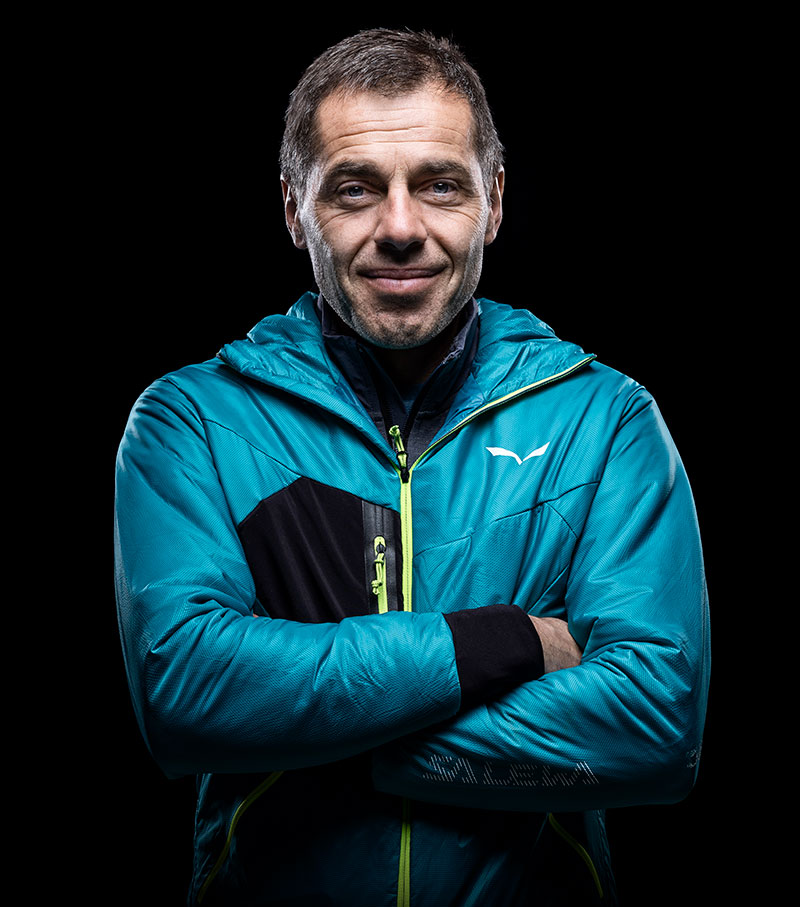
Thomas Aichner first lived out his love for the mountains as a professional snowboarder. He can now fully apply his enthusiasm for mountain sports – from climbing to demanding ski tours – to his professional life. Since October 2018, he has been Marketing Director of the mountain sports equipment expert Salewa. Before, he worked in tourism marketing for many years. Among others with Tirol Advertising, South Tyrolean Marketing Society, Marketing Society Merano and IDM South Tyrol. Social and environmental responsibility is very important to Salewa. “The mountain world is not only the space in which our customers and we like to move. It is also our home. As mountain sports enthusiasts, we therefore feel it is our duty to keep the impact on our environment and our carbon footprint as small as possible,” reads the website. Thomas Aichner will talk about how Salewa does this in concrete terms at the GREENSTYLE conference.
Georg Kaser
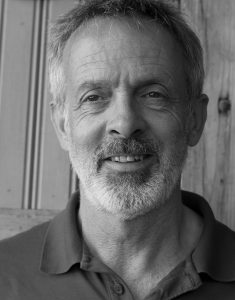
When asked whether he is optimistic or pessimistic about the future of our planet’s climate, Georg Kaser answers simply and clearly that it is no longer a question of asking this question, but only of doing something. And he is doing something now. Georg Kaser is Professor of Climate and Cryosphere Research and currently Dean of the Faculty of Geo- and Atmospheric Sciences at the University of Innsbruck. He contributed to the 4th and 5th Assessment Reports of the Intergovernmental Panel on Climate Change (IPCC) and is now also active in the current 6th reporting cycle. The professor is considered one of the most influential climate researchers worldwide. He thinks the “Fridays for Future” movement is great, both as a scientist and as an individual. He will talk about what needs to be done. What each one of us can do to get this under control.
Andri Stocker
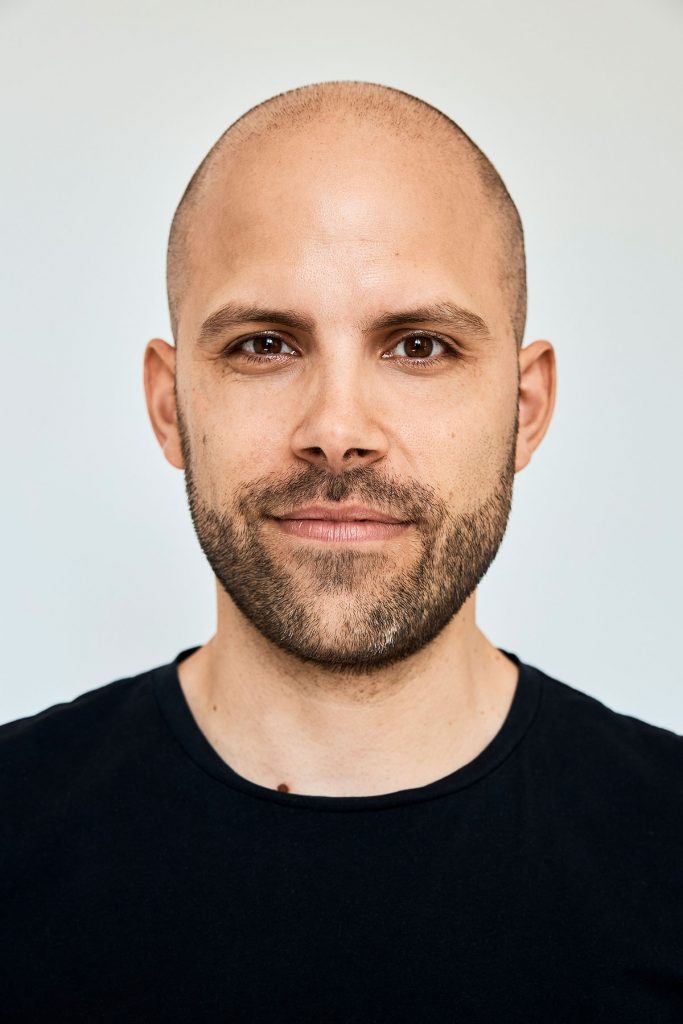
Andri Stocker is the third in the group at PHYNE, the German eco-label from Mannheim, which started in 2017 to show that sustainable fashion can be interpreted in a modern way and implemented in an original way. The business economist came to fashion in the same way as a virgin bears a child. Because the textile industry and its working methods were completely foreign to him until then.
“Sustainability is a social challenge. Sustainable fashion must therefore be accessible to everyone, affordable, transparent and convincing in terms of quality in order to bring about the greatest possible change.” Andri Stocker
But that was precisely his motivation and perhaps also a certain advantage. Because after many years in the start-up and digital scene, he was looking for a new challenge and was able to tackle it without any “handicap”.
With Dirk Meycke, Andri Stocker had an experienced co-founder at his side, whose fashion experience he could always rely on. In his daily work, he sees himself primarily in the role of an enabler and works on establishing and expanding the structures and processes at PHYNE, so that sustainable fashion in general and PHYNE in particular can grow steadily and sustainably.
Anekdot
Conscious Intimates or – in other words: Anekdot, the upcycling brand from Berlin exclusively uses materials from leftovers, overproduction or offcuts for the production of its limited lace bras and panties, simple bikinis and swimsuits. Designed and made in Berlin and Poland.
Continue reading